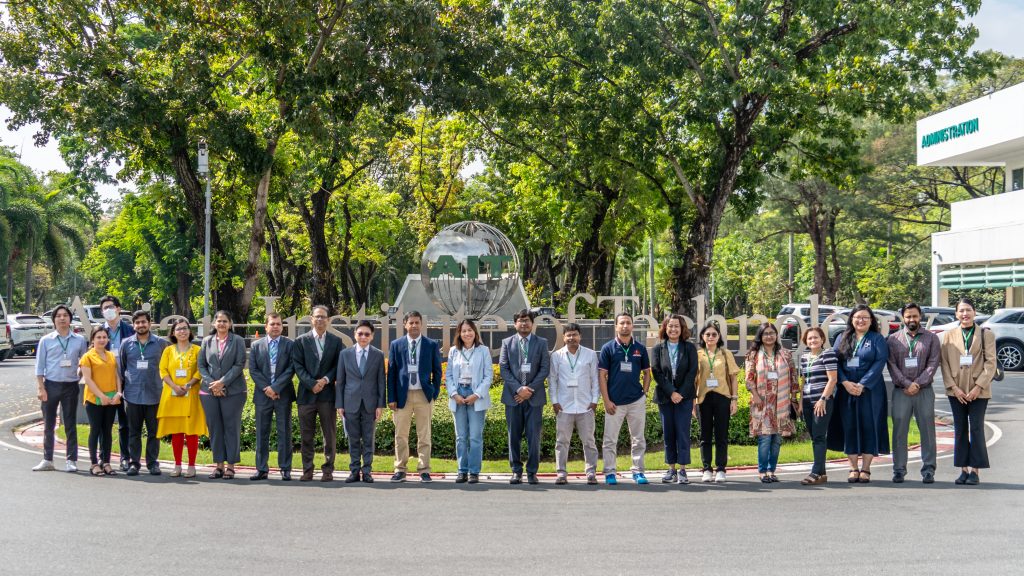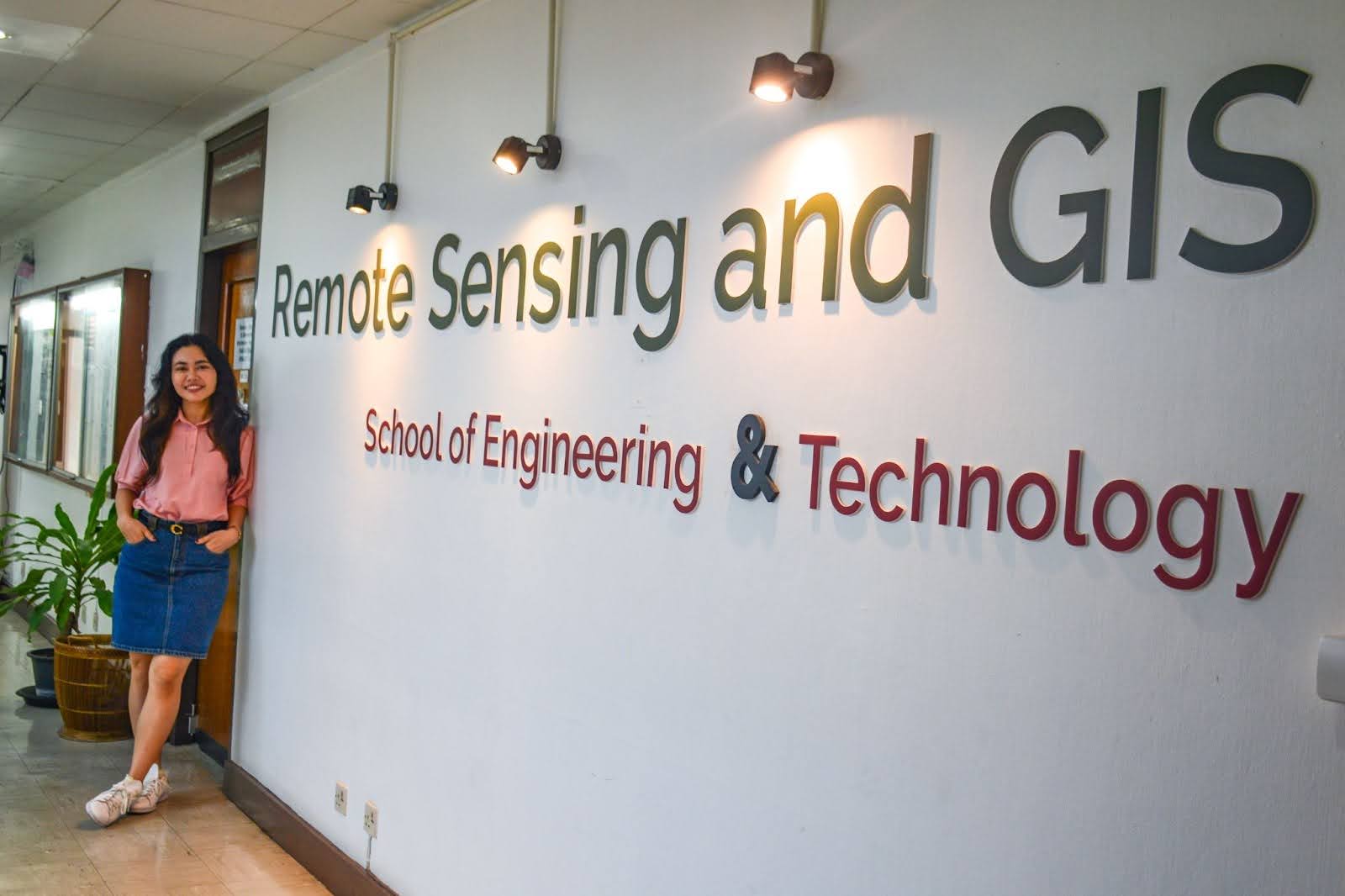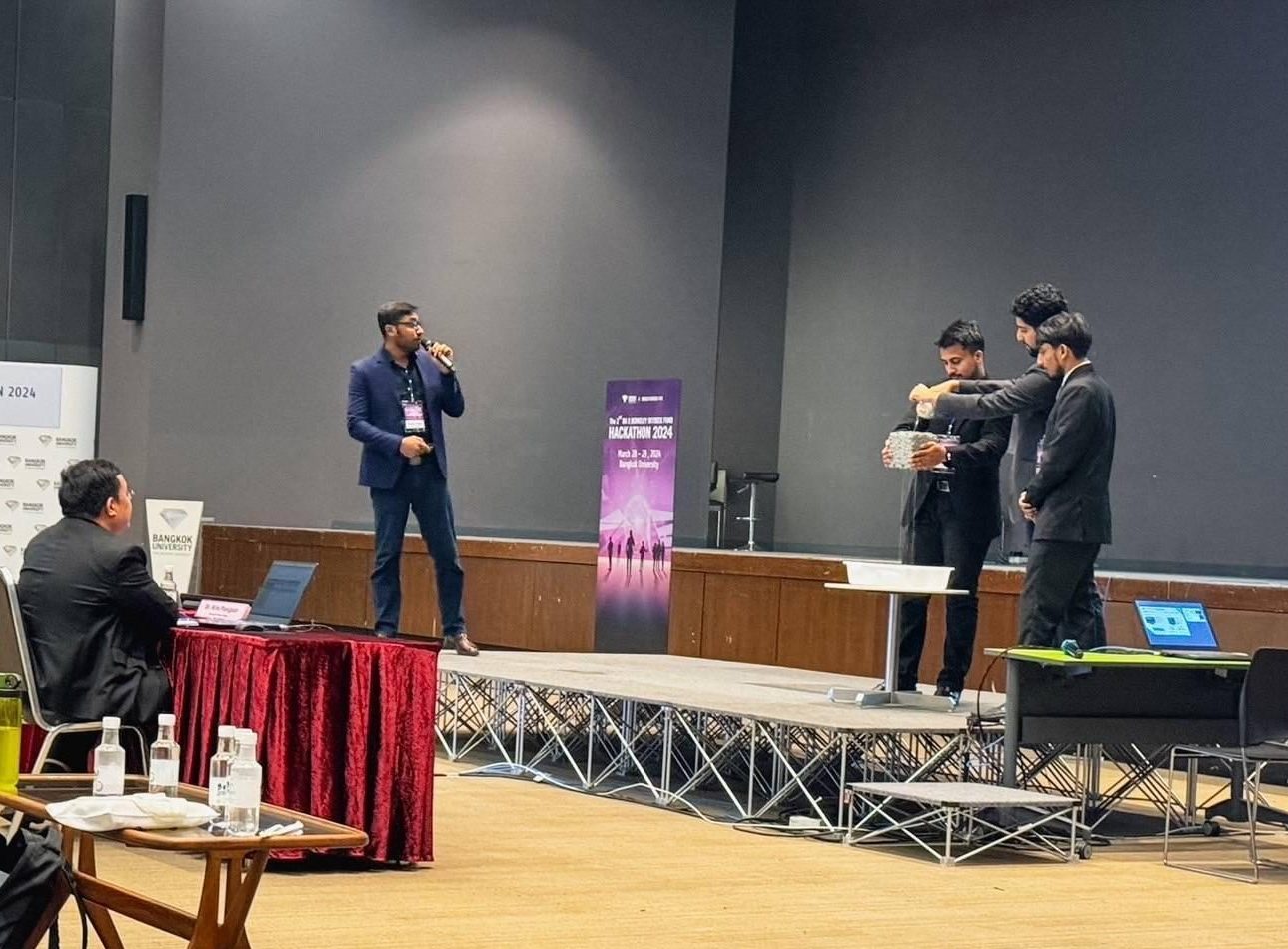By AIT Public Affairs
24 February 2024: The Development Planning Management and Innovation (DPMI) Programme at the School of Environment Resources and Development (SERD) of the Asian Institute of Technology (AIT) recently organized a one-day workshop titled “Are city climate plans adequate for mitigating weather extremes? An investigation of Southeast Asian cities”.
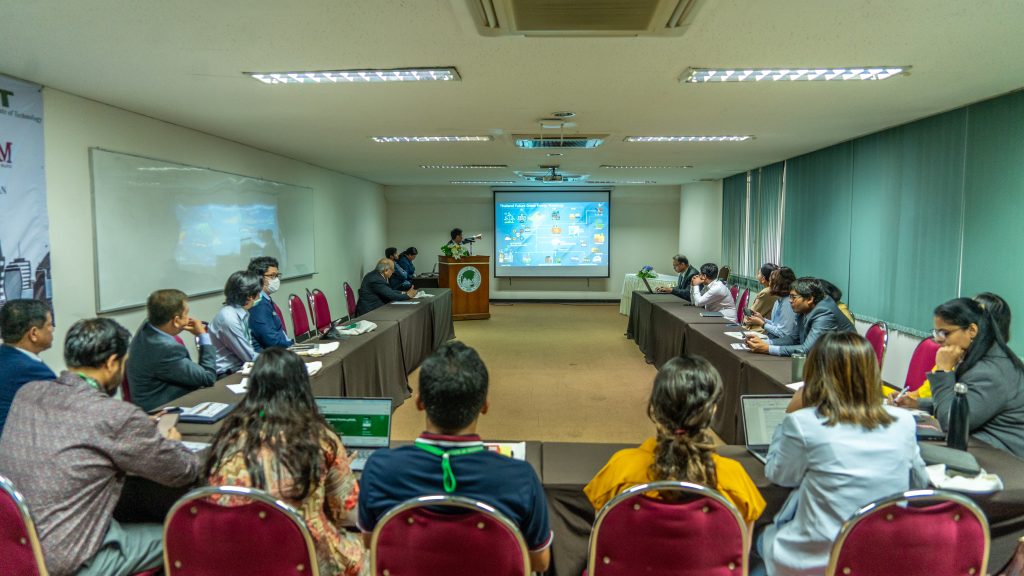
The workshop was organized in collaboration with Curtin University, Murdoch University, Planning and Development Research Foundation, Inc. the Philippines, BRIN Indonesia, and the University of Technology Malaysia. Held on February 23, 2024, it aimed to delve into the efficacy of city climate plans in Southeast Asia, with a particular focus on mitigating weather extremes.
In his welcome remarks, Prof. Nitin Kumar Tripathi, Acting Vice President for Academic Affairs (VPAA) at AIT, said, “I believe this workshop holds promise for gaining valuable insights as we progress with our project. As we plan for the future, it’s crucial to tackle urgent issues such as climate change. By coming together, sharing our expertise, and advocating for change, we have the power to create a positive impact.”
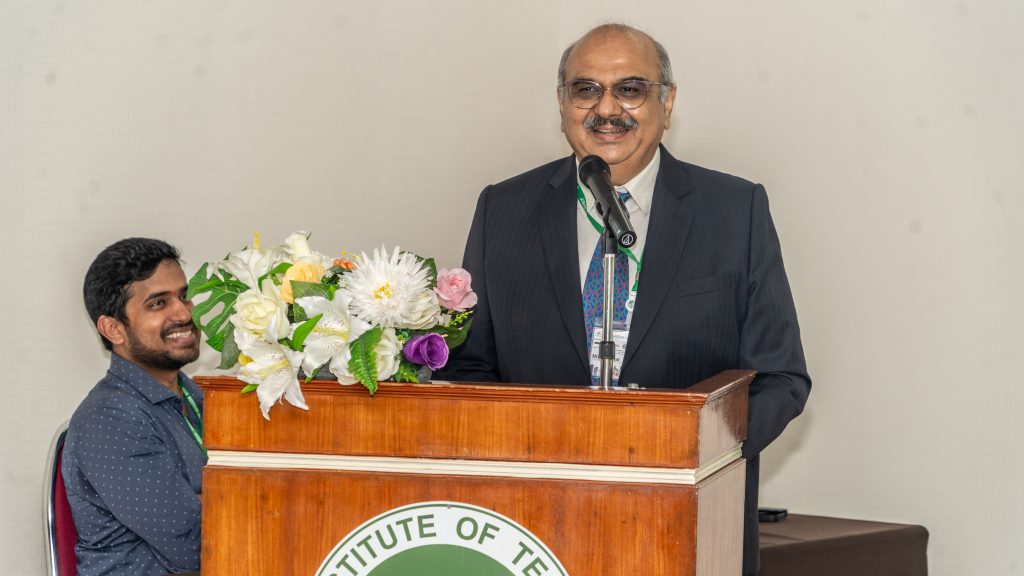
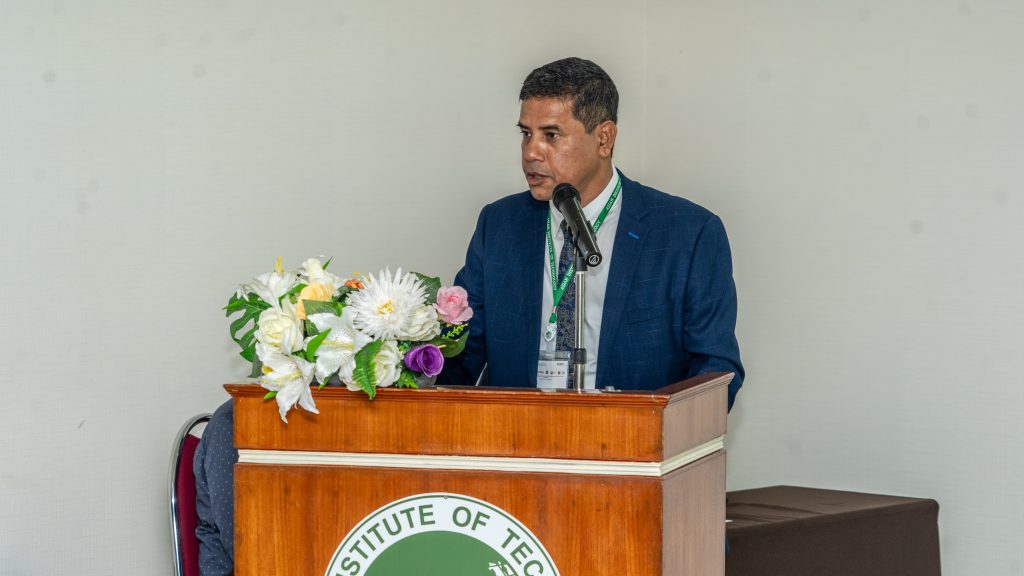
Dr. Ashraf Dewan of Curtin University stated, “As we approach the end of a two-year journey, I extend heartfelt gratitude to all contributors. In this workshop, we will share important discoveries from the last two years and suggest practical steps tailored to Bangkok. Our goal is not just to praise current efforts but to identify gaps and provide solutions to improve lives and guide public policy. Let’s dig deeper into these findings and chart a course toward meaningful action.”
The workshop attracted a diverse audience, including city officials, policymakers, and stakeholders involved in local-level decision-making processes. Among the key topics addressed were the approaches to managing climate-driven risks, categorized into emission-based and land-based measures.
One of the main objectives of the workshop was to disseminate the findings of a research project funded by Australian Government’s Partnership for Infrastructure. Dr Fazlul Rabbanee from Curtin University shared the findings and presented a climate action plan for Bangkok where he focused on existing policy gaps identified through various research activities, including panel and focus group discussions, household surveys, key informant interviews, and satellite-based assessments. The workshop ended with a capacity building training run by Dr Ashraf Dewan to upskill government officials on integrating Ecosystem-based Solutions into city climate plans.
In concluding remarks, Prof. Mokbul Morshed Ahmad, Head of the Department of Development and Sustainability (DDS), thanked all participants for contributing to the enriching dialogue. He highlighted the workshop’s success in fostering knowledge exchange and collaboration towards building climate-resilient cities in Southeast Asia.
The event was a pivotal platform for stakeholders to exchange ideas, share best practices, and chart a course toward more sustainable and resilient urban futures.
